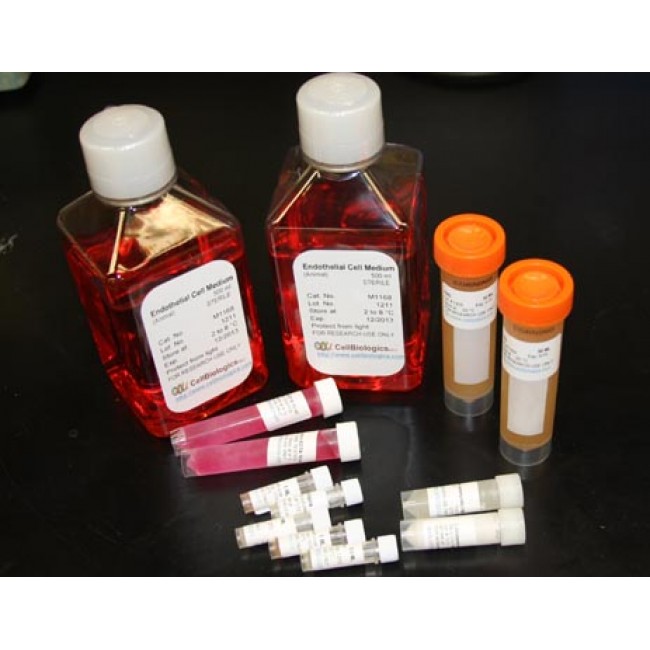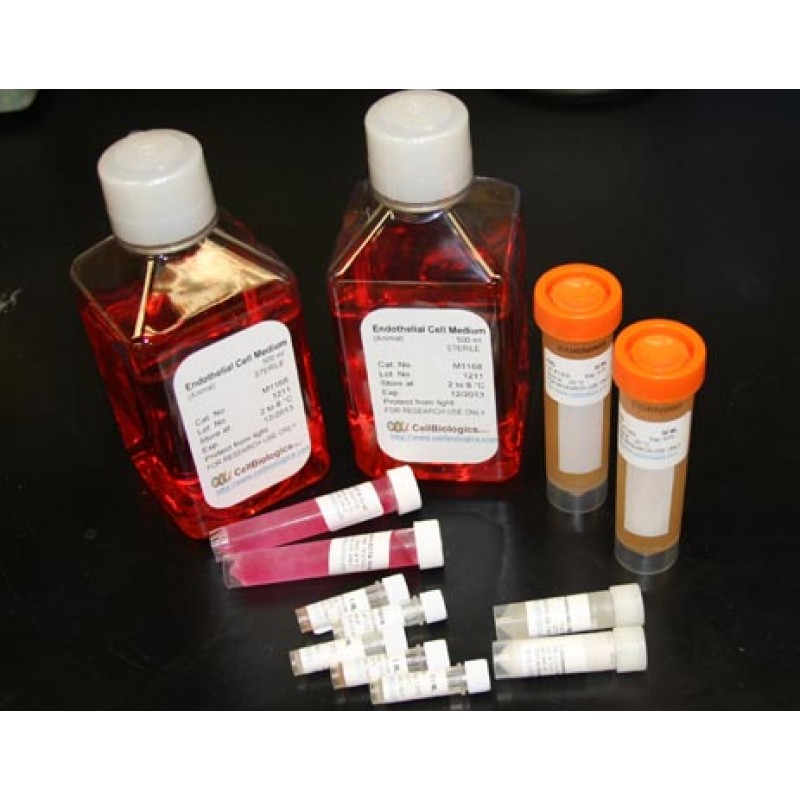RANTES belongs to the family of chemotactic cytokines known as chemokines. RANTES is expressed by an early response gene. The synthesis of RANTES is induced by TNF-alpha and IL-1-alpha. RANTES is chemotactic for T cells, human eosinophils and basophils and plays an active role in recruiting leukocytes into inflammatory sites. RANTES also activates eosinophils to release, for example, eosinophilic cationic protein. It changes the density of eosinophils and makes them hypodense, which is thought to represent a state of generalized cell activation and is associated most often with diseases such as asthma and allergic rhinitis. RANTES also is a potent activator of oxidative metabolism specific for eosinophils. RANTES increases the adherence of monocytes to endothelial cells. It selectively supports the migration of monocytes and T lymphocytes expressing the cell surface markers CD4 and UCHL1. These cells are thought to be pre-stimulated T helper cells with memory T cell functions. RANTES activates human basophils from some select basophil donors and causes the release of histamines.


